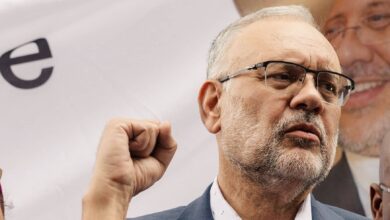
Tech founder’s arrest in France sparks debate over platform liability.
The arrest of Telegram founder Pavel Durov by French authorities has implications for the regulation of online speech and platforms. Prosecutors accuse Durov of 12 crimes including complicity in drug trafficking and distributing child abuse material.
Some see this as a precedent for holding founders criminally liable for users’ speech. Others argue this is nonsensical, comparing it to prosecuting car companies for drunk drivers. The US provides broad legal immunity to internet companies through laws like the Communications Decency Act, recognizing free speech online relies on this.
Critics claim moderating some content is necessary for platforms to function. Experts note authorities expect cooperation from censored platforms like Meta but target those prioritizing privacy and free speech.
France’s case against Rumble CEO Chris Pavlovski raised similar issues. He departed Europe citing the threat to freedom of expression. Tech entrepreneurs now see travel risks, though Telegram offers limited encryption, unlike WhatsApp and Signal.
Regulators worldwide debate how to balance online harms with civil liberties. The EU struck down plans to scan encrypted messaging after censorship backlash. Resolving founder liability could define internet regulation models. Durov’s arrest provokes questions about proportionate oversight of online speech in democracies.



